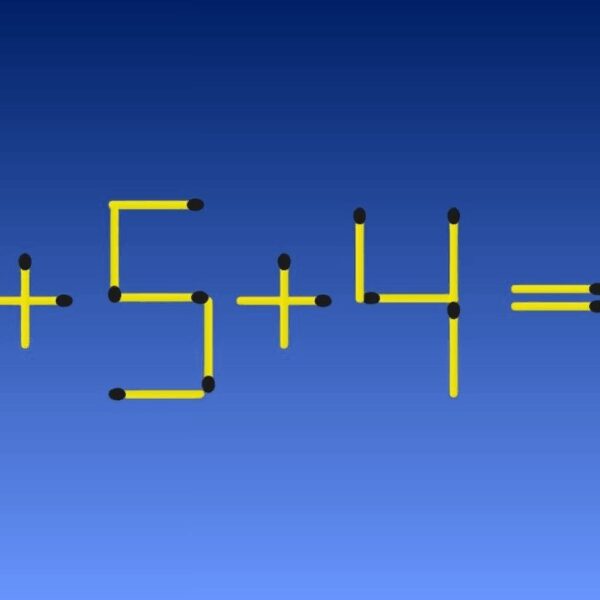Can you solve this puzzle and find the missing number in the logical sequence in 20 seconds or less? Test your mental agility and see if you have what it takes to crack this code!
Take a look at the picture below and see if you can spot the missing number. Good luck!
Finding the missing number in a logical sequence
Finding the missing number in a logical sequence is a challenge that requires attention and focus. It involves analyzing the given set of numbers to detect any pattern or rule that governs them.
Once this is identified, it is then possible to identify the missing element. The difficulty level of this challenge varies depending on the complexity of the sequence.
In order to find a logical sequence, it is important to use the process of elimination. Start by writing down all of the elements that need to be included in the sequence.
Observation test: Find 89 among 98 in 20 seconds or less! Can you beat the challenge?
Then, look for any outliers or anomalies and remove them from consideration. Once you have your list narrowed down, look at the remaining elements and ask yourself, “Why is this element here?”
This should help you determine the order of importance for each element and give you clues as to which elements should come first in the sequence.
So, have you found the solution? Let’s see if you got it right!
Unlock the challenge: Brain Teasers with missing numbers
Brain teasers are an excellent way to engage the mind and explore the limits of logical thinking. Finding a missing number in a logical sequence can be especially challenging.
It requires careful analysis of the given sequence and creative problem-solving skills. There are various strategies that can help, such as studying patterns, recognizing rules, or dividing larger problems into smaller parts.
Brain teasers like this one can help develop analytical skills, encourage creative thinking, and boost memory.
We invite you to try the challenge of the day. Check the solution to see if you were able to find the missing number correctly!
Solution
The missing number is 7. In this magic square, the sum of the numbers in each row, column and diagonal equals 34.
For example, the sum of the first row (16+2+3+13) is equal to 34, as is the sum of the first column (16+5+9+4) and the main diagonal (16+11+6+1).
Do you find yourself getting bored of the same old puzzles and tests? Then challenge your friends or family to join in the fun by sharing this article!
We have put in the effort to build fun and engaging games for people of all ages, so why not spread the word and let everyone know?
Sharing this article on social networks will not only give you something to do but also allow us to reach more people.






